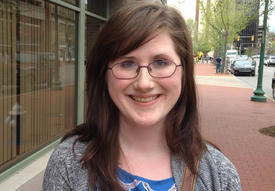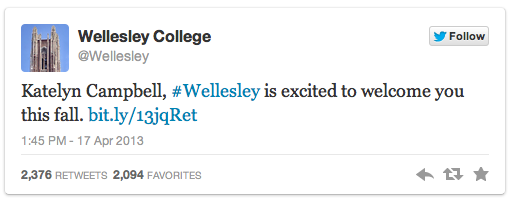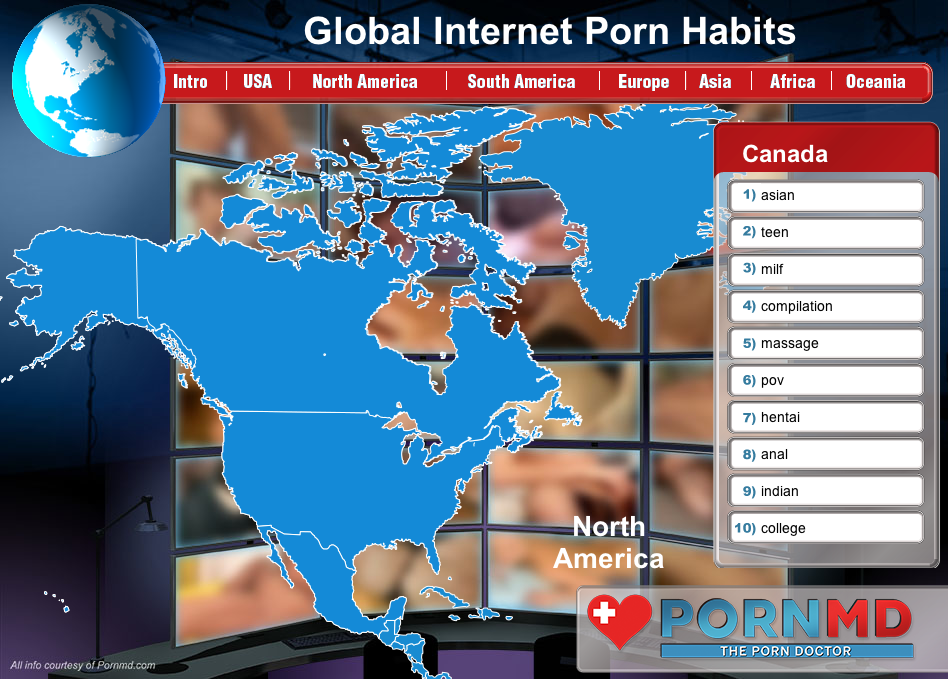Recent research has challenged some of the long-held stereotypes about the sexes and how vastly different men and women are. This isn't to say that sex differences aren't real - it's just that men and women are actually more similar than they are different. Part of the difficulty in doing research on sex differences in sexuality is the bias that manifests itself in self-report data. Women are much more likely to underreport all aspects of sexuality, and men are more likely to overreport. How much this effects research on sex differences isn't entirely clear.
The New York Times recently published an excellent piece (despite some minor problems) about women's sexuality, in particular sexual desire. The piece is adapted from the book, What Do Women Want? Adventures in the Science of Female Desire.. It's long, but worth reading, and it mentions much of the stuff we discussed in class.
Unexcited? There May Be a Pill for That
Linneah sat at a desk at the Center for Sexual Medicine at Sheppard Pratt in the suburbs of Baltimore and filled out a questionnaire. She read briskly, making swift checks beside her selected answers, and when she was finished, she handed the pages across the desk to Martina Miller, who gave her a round of pills.
The pills were either a placebo or a new drug called Lybrido, created to stoke sexual desire in women. Checking her computer, Miller pointed out gently that Linneah hadn’t been doing her duty as a study participant. Over the past eight weeks, she took the tablets before she planned to have sex, and for every time she put a pill on her tongue, she was supposed to make an entry in her online diary about her level of lust.
“I know, I know,” Linneah said. She is a 44-year-old part-time elementary-school teacher, and that day she wore red pants and a canary yellow scarf. (She asked that only a nickname be used to protect her privacy.) “It’s a mess. I keep forgetting.”
Miller, a study coordinator, began a short interview, typing Linneah’s replies into a database that the medication’s Dutch inventor, Adriaan Tuiten, will present to the Food and Drug Administration this summer or fall as part of his campaign to win the agency’s approval and begin marketing what might become the first female-desire drug in America. “Thinking about your desire now,” Miller said, “would you say it is absent, very low, low, reasonable or present?”
“Low.” This was no different from Linneah’s reply at the trial’s outset two months before.
“When your partner initiated sexual activity over the past eight weeks, did you show avoidance behavior?”
“Yes.”
“Like earlier to bed?”
“Yes.” Linneah’s voice lurched louder; she laughed; it was a relief to talk bluntly.
“Do you have pleasant feelings when you’re touched?”
“Yes.”
Later, after her appointment, she told me that in fact she has orgasms pretty much every time she and her husband have sex — that wasn’t the problem. “There’s something that’s stopping me from wanting it,” she said. “I don’t know what it is. I can’t tell you what it is.”
Go read the rest here.
Some interesting commentary from Jezebel (link here).























